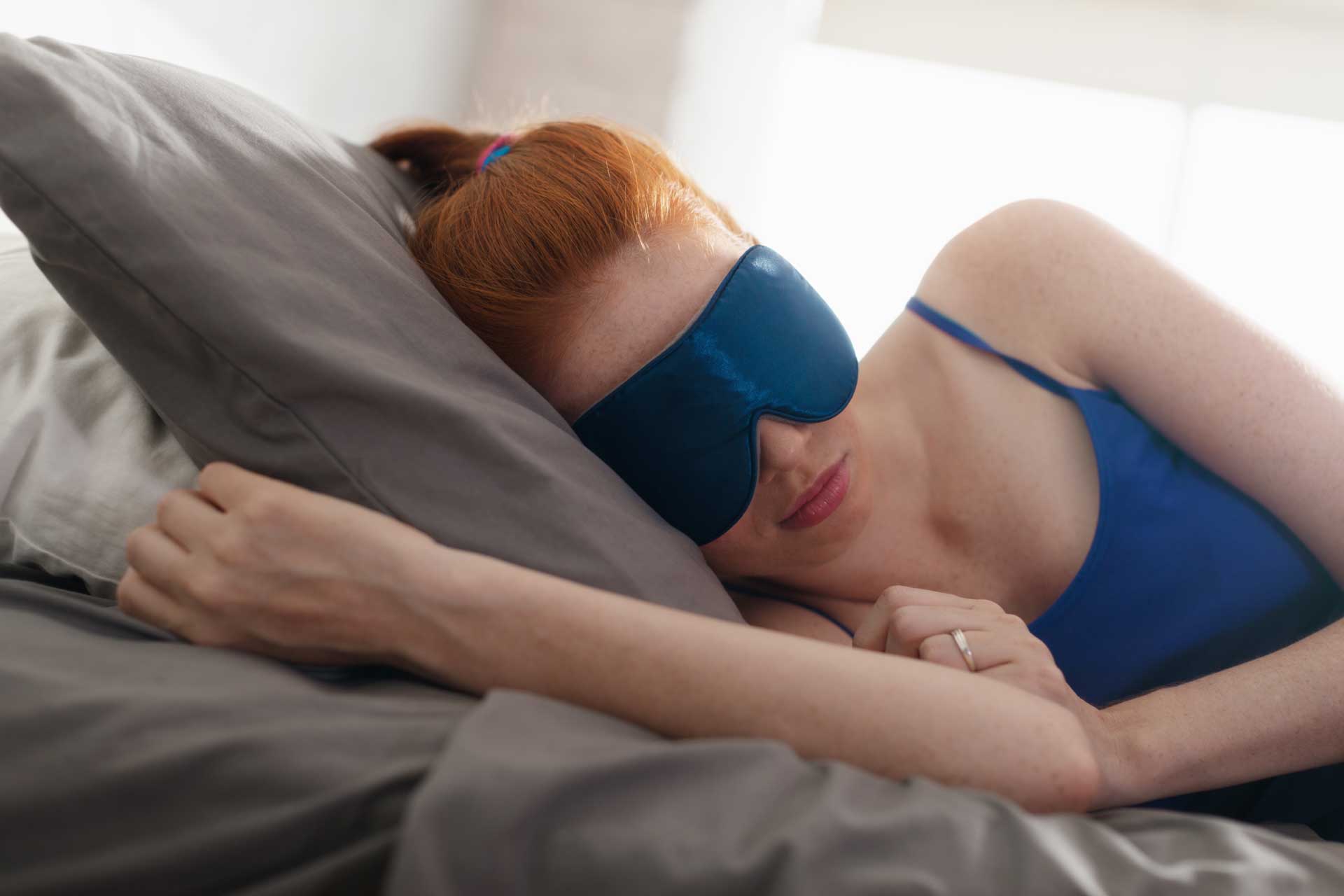Snoring: if you snore, you’ve almost definitely heard about it from someone in your household. Snoring is not only disruptive to your own sleep, but also to the sleep of the person sleeping next to you or within earshot of you. Because of this, it’s important to get down to the root of why you’re snoring, and to try different methods to figure out what works best for stopping your snoring.
Lifestyle changes
Some lifestyle changes may help reduce your snoring or its intensity. If you are overweight, losing weight may help with your snoring. Avoid alcohol in the hours before bed; it can relax you enough that you start snoring or your snoring intensifies. If you smoke, work on quitting. Make sure you’re getting enough sleep at night since being overtired can cause you to fall into a very deep, relaxed sleep state which can lead to snoring as well. To that end, make sure you lay down on schedule each day, turn off devices, and focus on a good night’s sleep. And when you do lay down, lay on your side to keep your airways more open. Finally, try to get used to breathing through your nose if you are a mouth breather.
Nasal strips
Nasal strips can be attached to the outside of the nose and help keep the nostrils opened wider than they usually would be. This helps air have more of a wider passageway in order to pass through on its way to the lungs, reducing the chance of snoring.
Devices
Look into a device to wear to help with snoring while asleep if more minor methods to stop snoring are not working for you. A mouthpiece helps keep your airway open. Some also keep the tongue pulled forward in the mouth, allowing the windpipe portion of the airway to be more open and allow air to pass more easily through.
For those with more severe snoring a CPAP machine may help. This machine blows oxygen at the nose at a gentle pace in order to help encourage the airways to stay fully open at all times. BiPAPs are a similar device but use two alternating levels of pressure.
There are even wearable devices that can help remind you to turn to your side if you lie on your back while sleeping. This only helps those whose snoring happens only or mainly when they lie on their back.
Get rid of allergens
Dust mites in your bedroom can cause an allergic reaction which causes the nasal passages to swell with irritation. This in turn leads to snoring due to constricted airways. Dust often and wash pillow cases, blankets, and sheets regularly.
Pillar procedure
This procedure places tiny “pillars” into the roof of the mouth to help reduce collapse of the airway. This is a minimally invasive procedure and is done in an outpatient setting.
If your partner or someone in your household mentions that you stop breathing for periods of time at night, this could be sleep apnea. If this is so, bring this up with your doctor right away because sleep apnea carries with it the risk of many health problems down the road if untreated.




